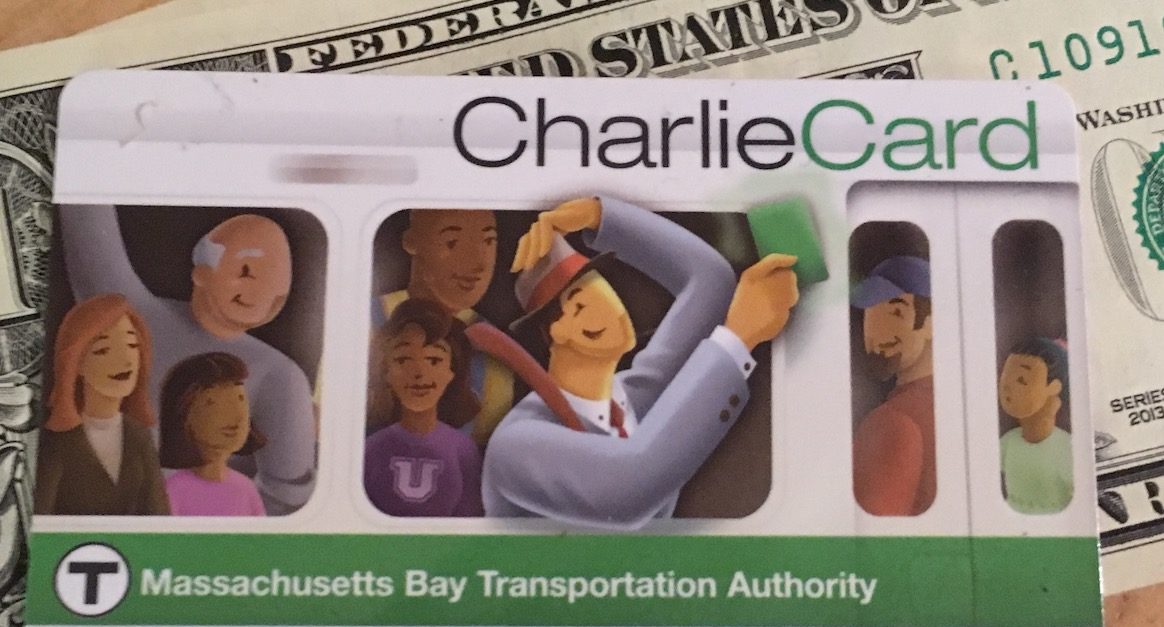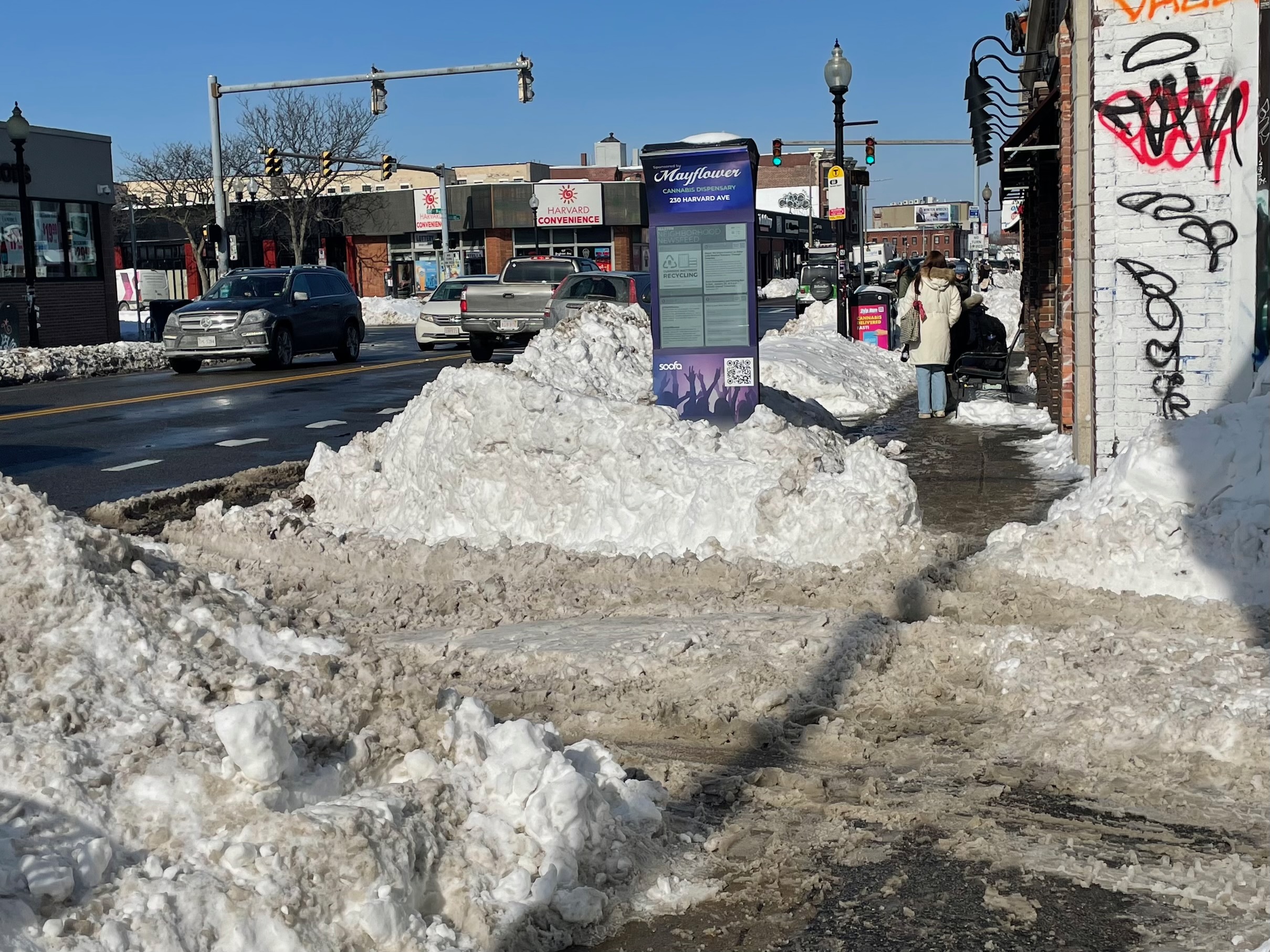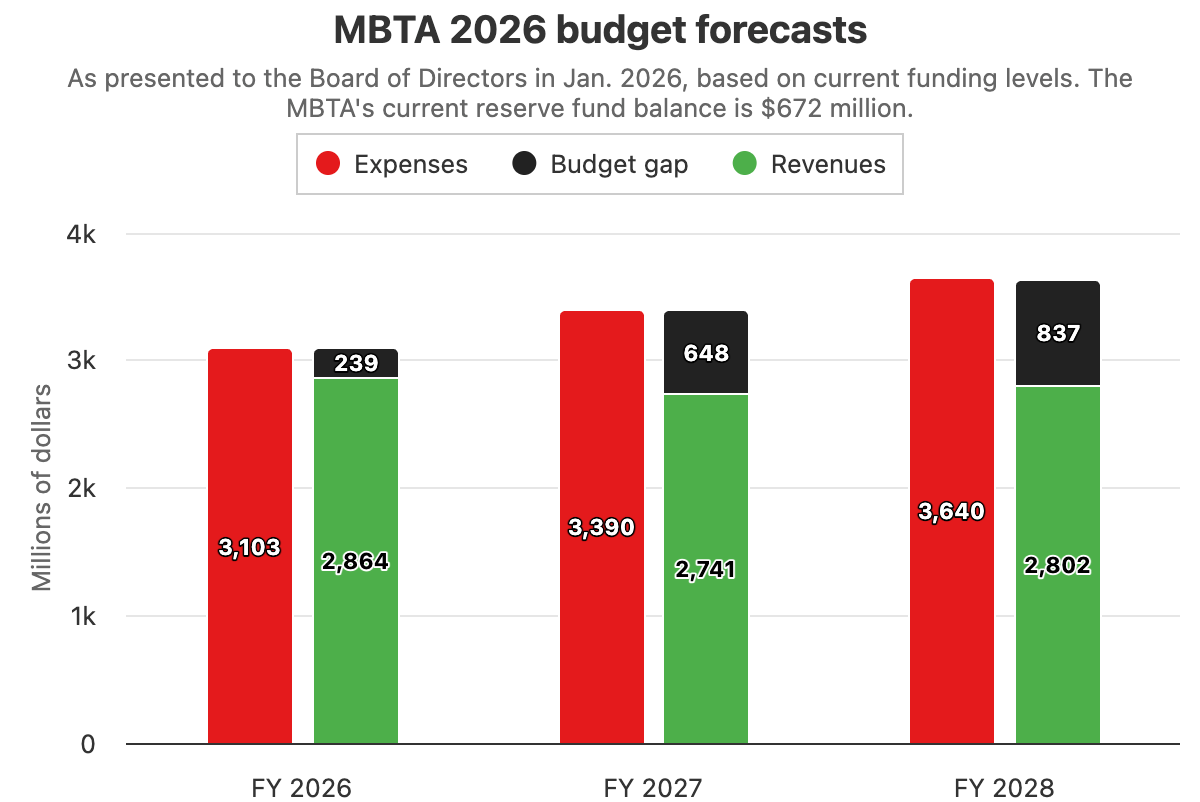After another push from advocates, legislation which would require the MBTA to establish free or discounted fares for low-income transit riders is still in the mix with two weeks to go in the 2022 legislative session.
The bill was passed as an amendment to the Senate version of a transportation bond bill on Thursday, giving it new life a day after progressive transportation groups rallied on the steps of the State House.
“This is going to be groundbreaking and it’s going to help a lot of people immediately,” said Sen. Lydia Edwards, one of the bill’s sponsors. “I think this is … going to be a shift in the way we move people in the Commonwealth, and lead the way to make this a more equitable state.”
But big hurdles are still standing in front of the legislation.
First, it would have to be included in the final version of the bill, which will be hastily put together by the House and Senate before the July 31 end of the legislative session.
The House’s version of the bond bill did not include the low-income fares language. Legislators in the House added dozens of amendments to the House bill before approving it in June, but an amendment that would have required low-income fares at the T got stripped from the final version with no explanation or debate.
Speaker Ron Mariano and House transportation committee chair Rep. William Straus did not respond to Streetsblog requests for comment, and the amendment’s House sponsor, Rep. Adrian Madaro, said he had no comment on why the language was rejected by the House.
“I think we have to find a better vehicle,” Madaro said. “I’m here fighting for this. I’m going to look for any and every opportunity to try to advance this issue.”
Then there’s the issue of the governor’s office. The legislation has passed the legislature previously, only to be line-item vetoed by Gov. Charlie Baker. The bill was passed too late in the 2020 session to override the veto, State House News reported at the time.
Baker’s only in office for another 6 months, but advocates say they can’t just wait for the next governor who might be more friendly to the policy idea.
“We need this program now,” said Pete Wilson, a senior advisor at Transportation for Massachusetts. “It would be great if the T could actually start implementing this program to help people who really do need relief from things like high gas prices and record inflation.”
Wilson said he’s cognizant that Baker still has the veto pen, but that the program has wide public support and that the governor should recognize the financial pain of many public transit users.
“Those are all things in our opinion that would favor not vetoing this legislation,” he said.
Edwards speaking on the Senate floor also referred to the bill’s history.
“We’re going to try it again because it’s the right thing to do,” she said.
The legislation also includes $7 million for a fare-free bus pilot.
E-bikes
The Senate also passed an amendment which would define and legalize pedal-assist e-bikes, a top priority of bike advocates in Massachusetts, who say it would match the state definition with other states and the federal government and open up the door for wider adoption.
“This helps standardize the promotion, regulation, and use for e-bikes across the commonwealth,” wrote MassBike on Twitter. “Next step is to ask your colleagues in the House to follow suit.”
The bill did not, however, include language that the House passed which would set up a cash rebate program for e-bike purchases, instead including less specific language for “incentive programs promoting e-bikes.”
Those are just some of the differences the conference committee will have to hash out as it works to finalize the $10.84 billion bond bill.
Read a full summary of the bill here from Senate President Karen Spilka.






